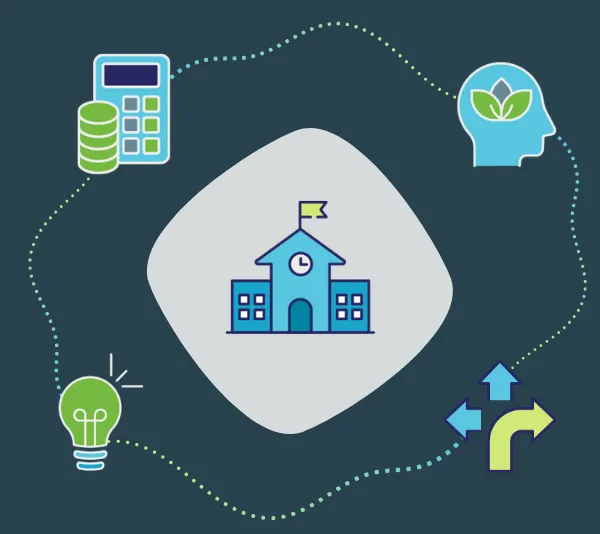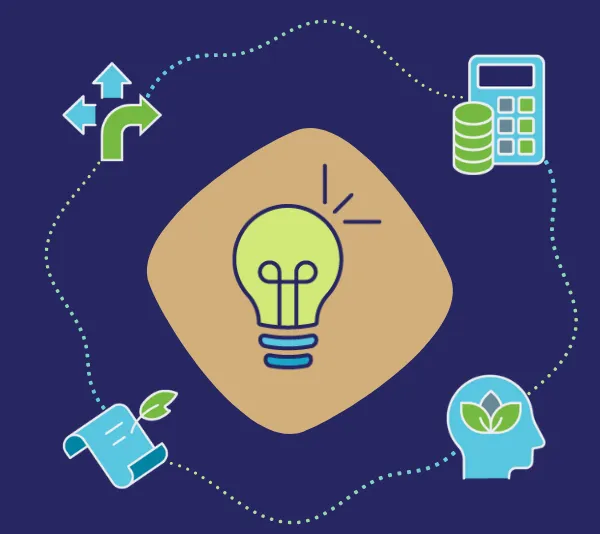Navigating the Future of Education
The landscape of K-12 education is rapidly evolving, with challenges and innovations shaping the future of classrooms. At Everfi’s Impact Summit in October, we hosted a panel discussion with representatives from Miami-Dade County Public Schools in Florida. Panelists included Ebony Davis, a curriculum support specialist spearheading financial literacy education, Bob Brazofsky, the executive director for the Department of Social Sciences, and Matthew Bunch, a dedicated social sciences teacher at Mass Academy. The discussion emphasized the impact of financial literacy mandates, the crucial role of public-private partnerships, and the transformative potential of technology in education.
Miami-Dade County Public Schools, the third-largest school district in the country, faces unique challenges and opportunities. The district comprises more than 330,000 student and adult learners, with a budget exceeding $3 billion. In spring of 2022, a law was passed making financial literacy a graduation requirement in Florida. This mandate was a commitment to equipping students with essential life skills, preparing them for responsible financial management.
To ensure successful integration, Miami-Dade County Public Schools conducted surveys among stakeholders, to determine the optimal placement of financial literacy education within its curricula. Everfi played a crucial role in this process, with its courses being integrated into the curricula to meet the mandate requirements. With new standards and courses released, the district is actively preparing teachers through professional development programs.
“We realized a lot of teachers didn’t feel comfortable teaching financial literacy due to their own personal financial experiences,” said Ebony Davis. “We are being proactive by partnering with financial literacy partners like Everfi and offering professional development for teachers.”
There has also been a transformative impact of the pandemic on education, and a positive shift toward digitization and the adoption of learning management systems. This shift has allowed for greater flexibility, accommodating students’ diverse schedules and circumstances. However, it also highlights the urgent need for addressing technology gaps, ensuring equitable access for all students.
“If folks had a chance to get to know these students better, they would be doing so much to help,” said Matthew. “We want to work with parents, stakeholders in the community, anyone that wants to get in with us and help.”
Public-private partnerships are important in bridging gaps. While acknowledging the challenges posed by expiring COVID relief funds, there is still a need for sustainable collaborations to fill the void. The panelists agreed that innovative practices and partnerships are vital to narrowing the gap between those with access to technology and those without, preventing a further societal divide.
“The gap between those who have and have not is just expanding quickly and exponentially,” Bob. “I believe that through innovative, private and public partnerships, that gap can stop growing and then be shrunk again.”
The discussion with Miami-Dade County Public Schools representatives provided valuable insights into the dynamic landscape of K-12 education. As financial literacy becomes a graduation requirement, the district exemplifies a proactive approach, leveraging partnerships and digital tools for effective implementation. The call for public-private collaborations echoes the urgency of addressing disparities and ensuring a robust, equitable education system for all students. In the face of challenges, the commitment and innovation of educators in Miami-Dade County serves as a beacon, guiding the way forward in the ever-evolving realm of education.


